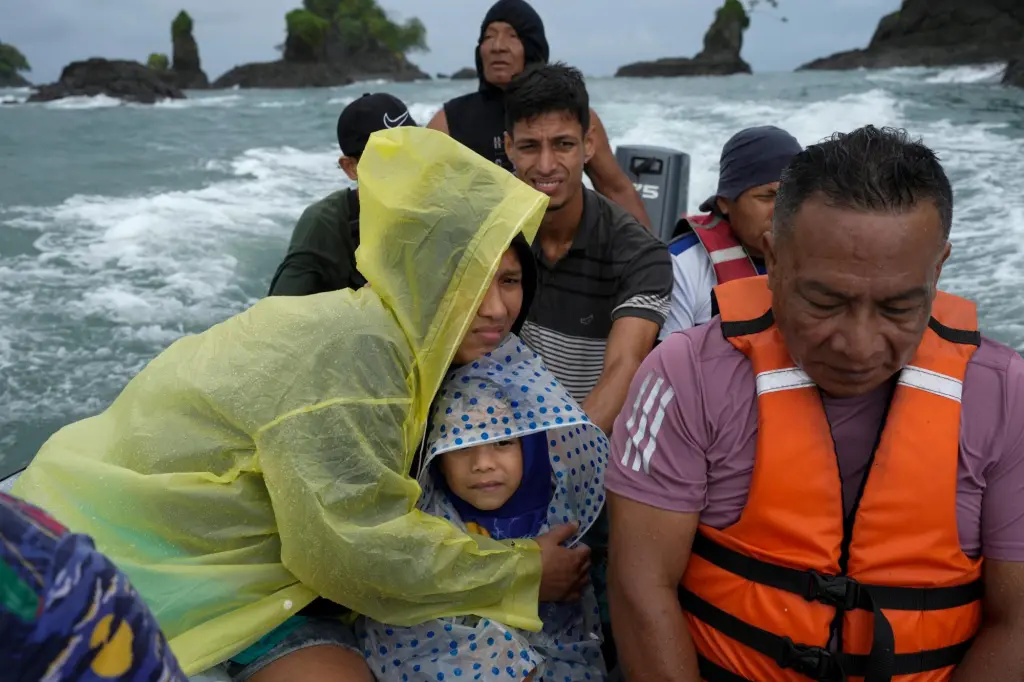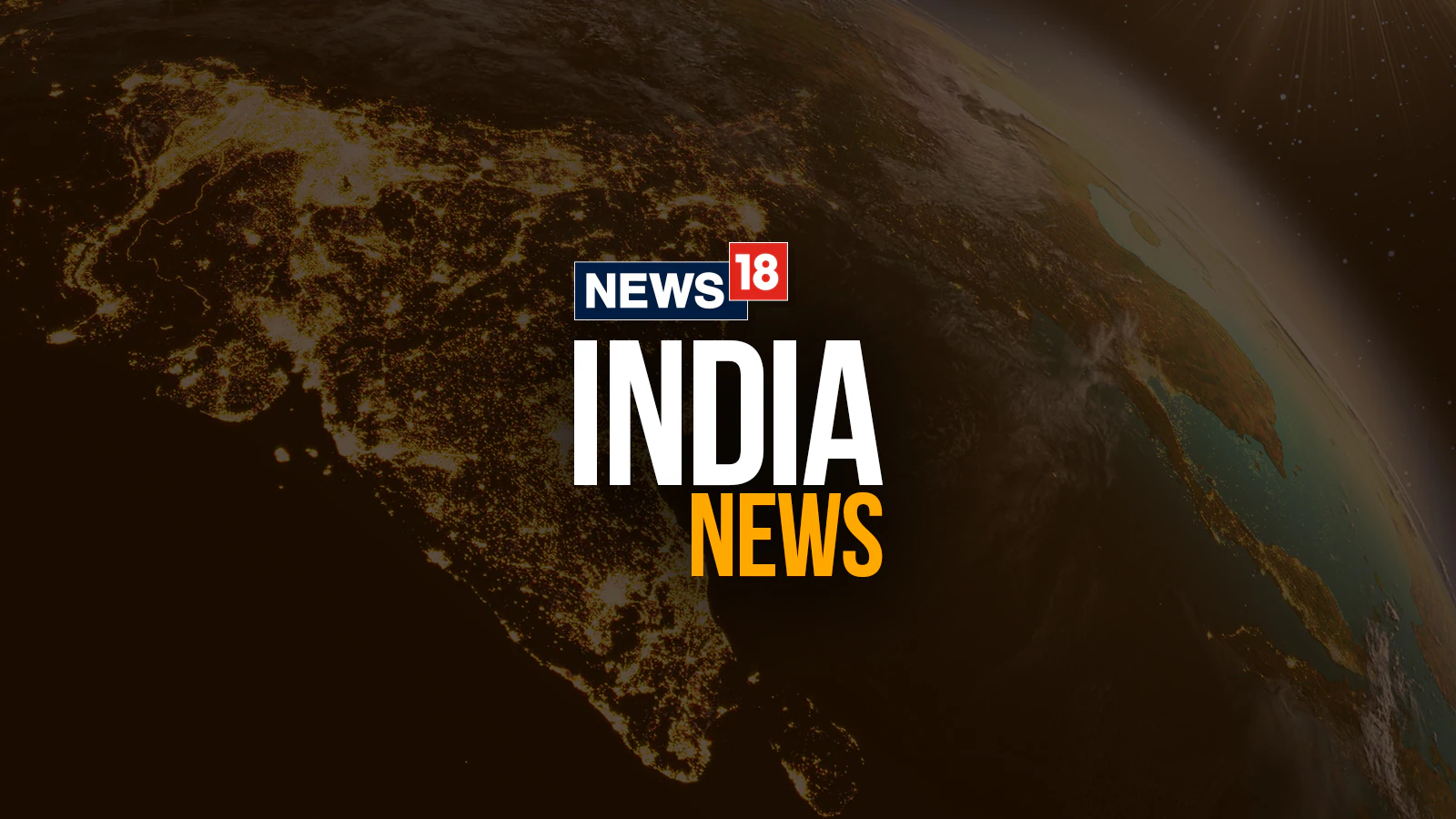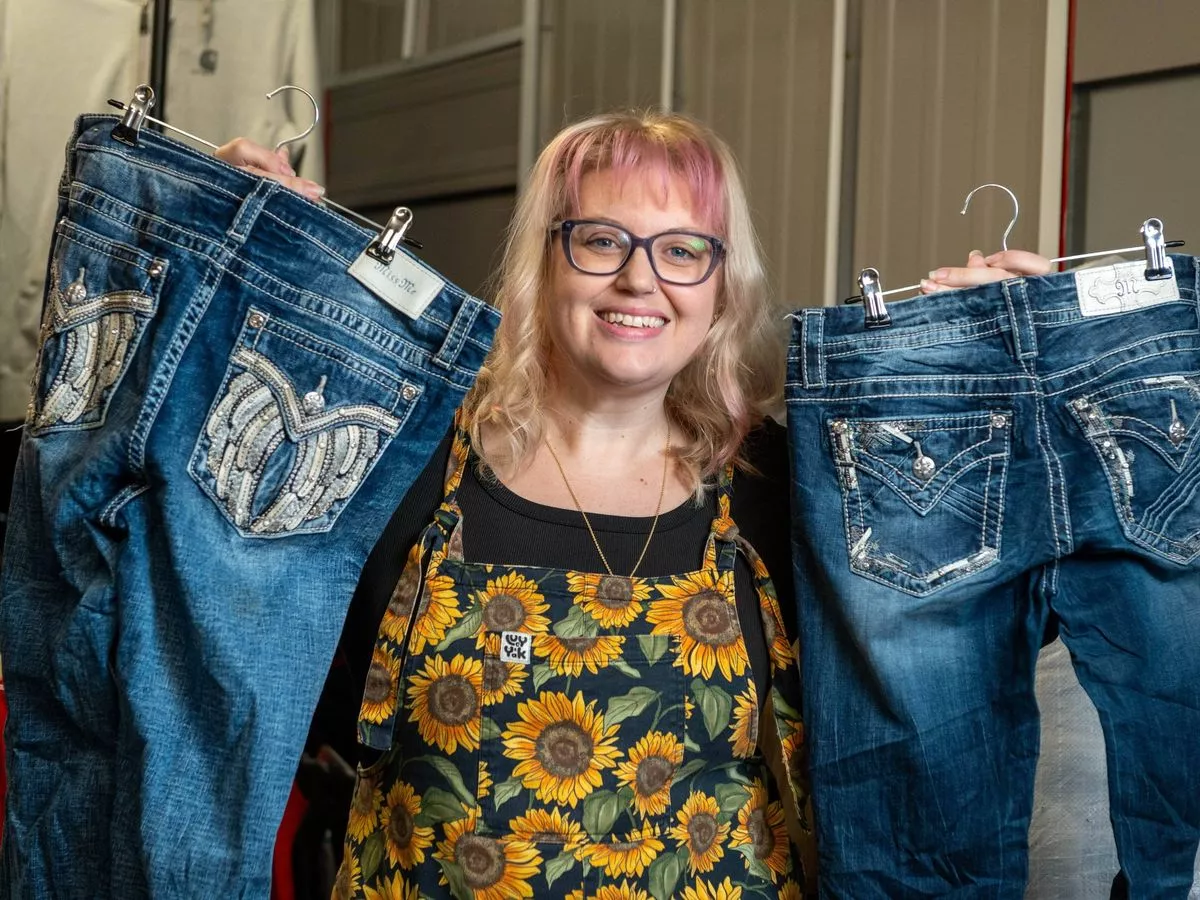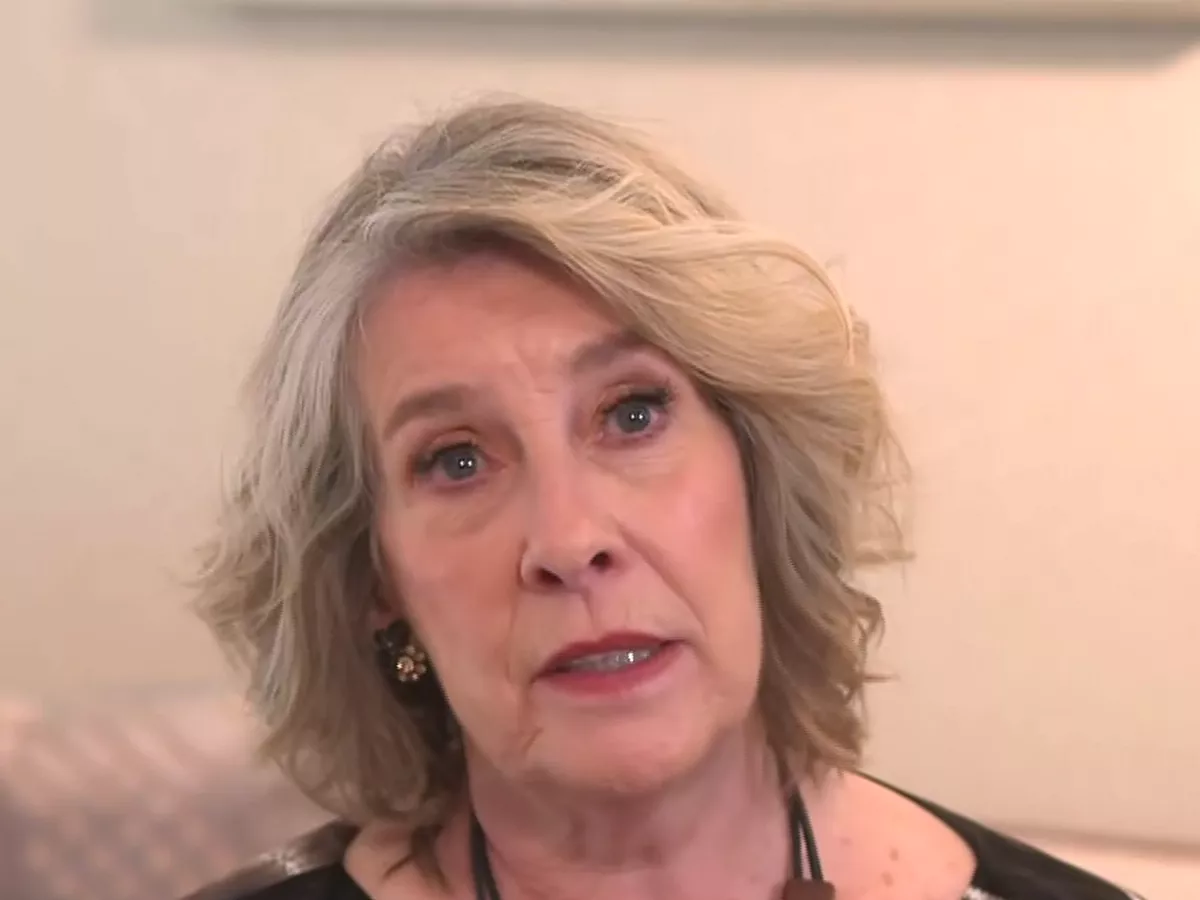
To place an obituary, please include the information from the obituary checklist below in an email to obits@pioneerpress.com. There is no option to place them through our website. Feel free to contact our obituary desk at 651-228-5263 with any questions.
General Information:
Your full name,
Address (City, State, Zip Code),
Phone number,
And an alternate phone number (if any)
Obituary Specification:
Name of Deceased,
Obituary Text,
A photo in a JPEG or PDF file is preferable, TIF and other files are accepted, we will contact you if there are any issues with the photo.
Ad Run dates
There is a discount for running more than one day, but this must be scheduled on the first run date to apply.
If a photo is used, it must be used for both days for the discount to apply, contact us for more information.
Policies:
Verification of Death:
In order to publish obituaries a name and phone number of funeral home/cremation society is required. We must contact the funeral home/cremation society handling the arrangements during their business hours to verify the death. If the body of the deceased has been donated to the University of Minnesota Anatomy Bequest Program, or a similar program, their phone number is required for verification.
Please allow enough time to contact them especially during their limited weekend hours.
A death certificate is also acceptable for this purpose but only one of these two options are necessary.
Guestbook and Outside Websites:
We are not allowed to reference other media sources with a guestbook or an obituary placed elsewhere when placing an obituary in print and online. We may place a website for a funeral home or a family email for contact instead; contact us with any questions regarding this matter.
Obituary Process:
Once your submission is completed, we will fax or email a proof for review prior to publication in the newspaper. This proof includes price and days the notice is scheduled to appear.
Please review the proof carefully. We must be notified of errors or changes before the notice appears in the Pioneer Press based on each day’s deadlines.
After publication, we will not be responsible for errors that may occur after final proofing.
Online:
Changes to an online obituary can be handled through the obituary desk. Call us with further questions.
Payment Procedure:
Pre-payment is required for all obituary notices prior to publication by the deadline specified below in our deadline schedule. Please call 651-228-5263 with your payment information after you have received the proof and approved its contents.
Credit Card: Payment accepted by phone only due to PCI (Payment Card Industry) regulations
EFT: Check by phone. Please provide your routing number and account number.
Cash: Accepted at our FRONT COUNTER Monday – Friday from 8:00AM – 3:30PM
Rates:
The minimum charge is $162 for the first 10 lines.
Every line after the first 10 is $12.20.
If the ad is under 10 lines it will be charged the minimum rate of $162.
On a second run date, the lines are $8.20 per line, starting w/ the first line.
For example: if first run date was 20 lines the cost would be $164.
Each photo published is $125 per day.
For example: 2 photos in the paper on 2 days would be 4 photo charges at $500.
Deadlines:
Please follow deadline times to ensure your obituary is published on the day requested.
Hours
Deadline (no exceptions)
Ad
Photos
MEMORIAM (NON-OBITUARY) REQUEST
Unlike an obituary, Memoriam submissions are remembrances of a loved one who has passed. The rates for a memoriam differ from obituaries.
Please call or email us for more memoriam information
Please call 651-228-5280 for more information.
HOURS: Monday – Friday 8:00AM – 5:00PM (CLOSED WEEKENDS and HOLIDAYS)
Please submit your memoriam ad to memoriams@pioneerpress.com or call 651-228-5280.
By MATIAS DELACROIX and MEGAN JANETSKY, Associated Press
JAQUE, Panama (AP) — As the boat bounced across choppy Pacific waters, Mariela Gómez and her two children huddled for 17 hours on top of sloshing gas tanks, uncertain of what lay ahead in the dense jungle.
The 36-year-old Venezuelan mother was among a million migrants to journey across the continent in recent years in the hopes of reaching the United States. But with legal pathways slashed under U.S. President Donald Trump, she and thousands of other Venezuelans are now trying to make their way back in a “reverse migration.”
Over 14,000 migrants, mostly from Venezuela, have returned to South America since Trump’s immigration crackdown began, according to figures from Colombia, Panama and Costa Rica.
Struggling to buy even food after failed attempts to stay in the U.S., Gómez can’t afford the $280-per-person charge for the more frequented Caribbean route to Colombia. So a growing number of migrants like her are boarding boats that ferry cargo between Panama’s capital and Colombia’s jungle-clad Pacific coast.
The new route is half the price and twice as dangerous.
“We lost hope,” she said. “We’re trying to return, but we don’t have the money to go back.”
‘Only the clothes on their backs’
In recent years, migrants fleeing the crisis in Venezuela once crossed the perilous jungles of the Darien Gap between Colombia and Panama and waited months in Mexico for an asylum appointment in the U.S. But when Trump took office, many of those people were left stranded in Mexico. Without other options, they turned back, winding down through Central America on buses.
They chug aboard slow-moving cargo boats packed with merchandise along Panama’s other coast in the Pacific Ocean for days, before boarding precarious motor boats that shoot along the coast. The boats are often packed with 15 to 30 people. Hundreds so far have traveled the route, according to a United Nations report released earlier this month.
“People arrive with very few resources, some with only the clothes on their backs,” said 56-year-old boat driver Nacor Rivera. “Many can’t pay for the boat ride, so I’ve had to help a lot of them, carrying them for free.”
In June, one of those boats carrying 38 people crashed at sea, injuring a pregnant woman, children and a person with a disability who lost their wheelchair.
They land in jungled swathes of Colombia, a region rife with armed groups that prey on migrants, where there are no shelters and little access to medical care, according to the U.N. report.
“We urge authorities to care for people in this reverse migration to stop them from falling into criminal and trafficking networks of illegal armed groups, and turn them into victims of even greater violence,” said Scott Campbell, a U.N. human rights officer in Colombia, in a statement.
Migrants land with serious cases of dehydration, burns, malnutrition and mental health issues. Those without money can “remain stranded in inhumane conditions,” the report said.
That was the case of Jesús Aguilar, a Venezuelan migrant who was stuck in a rural Panamanian town in the Darien Gap for two months. He managed to slowly scrounge together money to pay for a boat ride to Colombia after a local offered him work cleaning their farm.
Trying luck back in South America
Others, like Gómez’s family, spent months in Panama City saving money to travel back to Venezuela, but when they came up short, they decided to take the cheaper route along the Pacific.
Sitting on top of gasoline tanks, Gómez cradles her 5-year-old son swaddled in blankets. The family fled the South American country in 2017 in the face of a spiraling economy and mounting government repression.
For years, she lived in Colombia and Peru, like millions of other Venezuelans who have fled the country in recent years. Unable to make ends meet in countries that have struggled to manage the crush of vulnerable people, Gómez began to look to the U.S. with hopes of building a new life.
After crossing the Darien Gap and later the U.S.-Mexico border to Texas in October, her family was quickly swept up by the U.S. Border Patrol and handed over to Mexican authorities who dropped them in southern Mexico.
Shortly after, she decided her only way forward was to return home. Without work and with cartels preying on migrants like her, staying in southern Mexico wasn’t an option.
At least in Venezuela she has her home and her family, she said.
“It would have been risking our lives and risking the life of my child” to keep going, Gómez said. “We’re just hoping God protects us.”
Now, as she returns home, she’s not sure what she will find in Venezuela, which has faced an ongoing crackdown on dissent by the government following last year’s contested elections.
She said if the government of President Nicolás Maduro remains in power, staying in her country doesn’t seem like an option. “I would have to leave my country again, maybe go to Chile,” she pondered. “I would have to try my luck in another country. Again.”
“But right now, we just have to focus on getting to Colombia,” she added.
Janetsky reported from Mexico City.
Follow AP’s coverage of Latin America and the Caribbean at https://apnews.com/hub/latin-america
Originally Published: September 22, 2025 at 12:15 PM CDT



